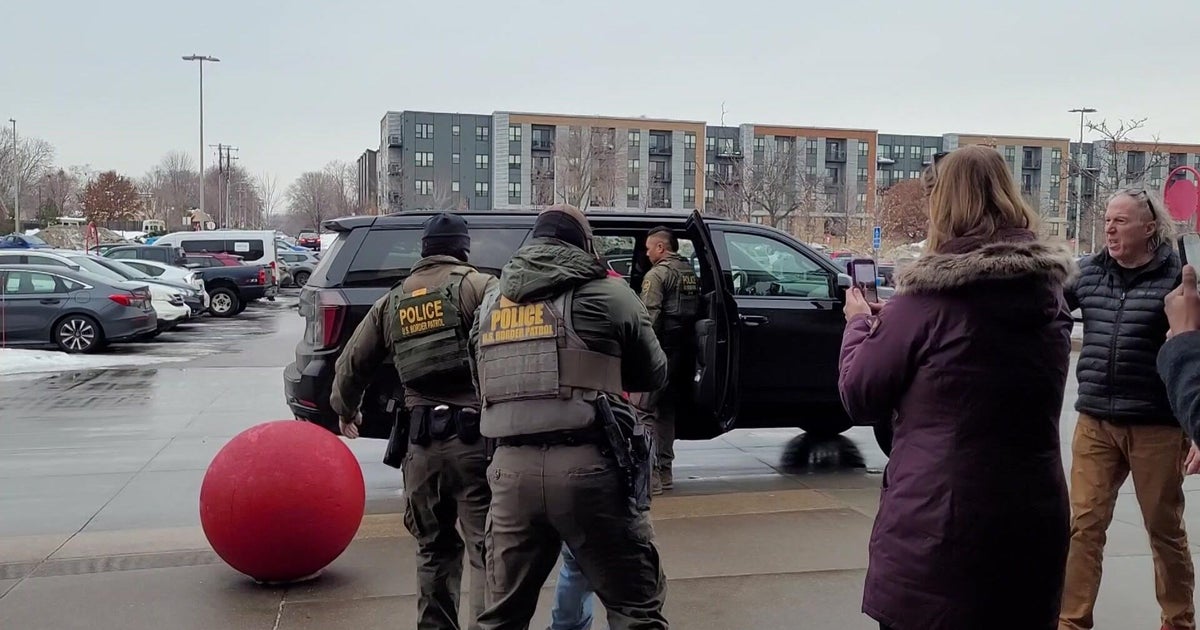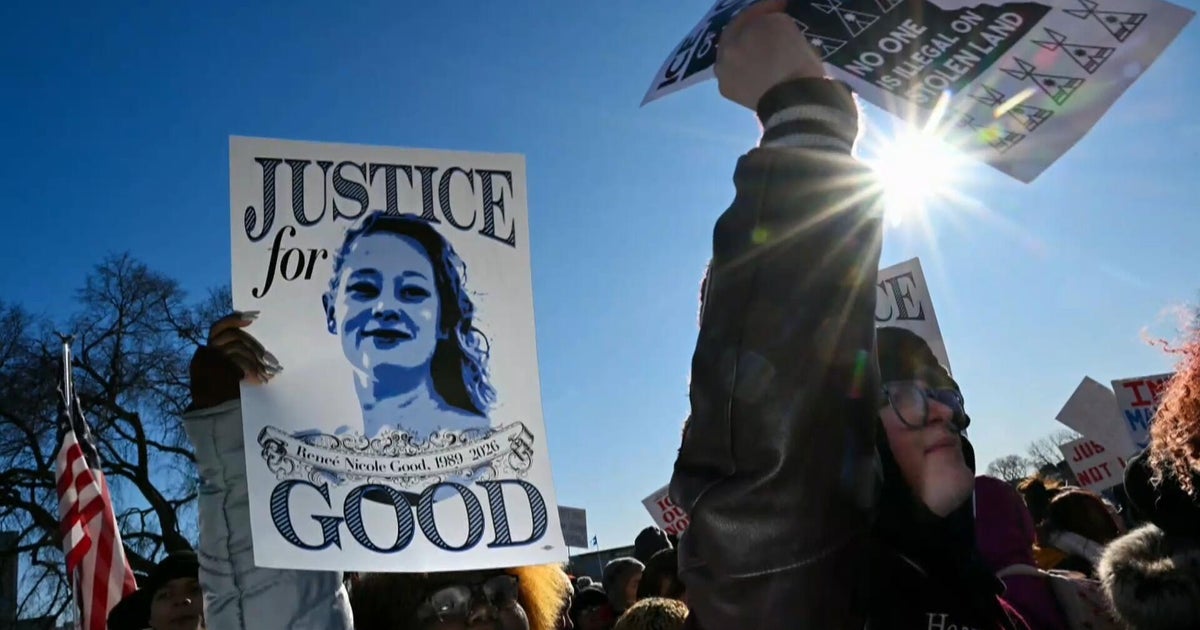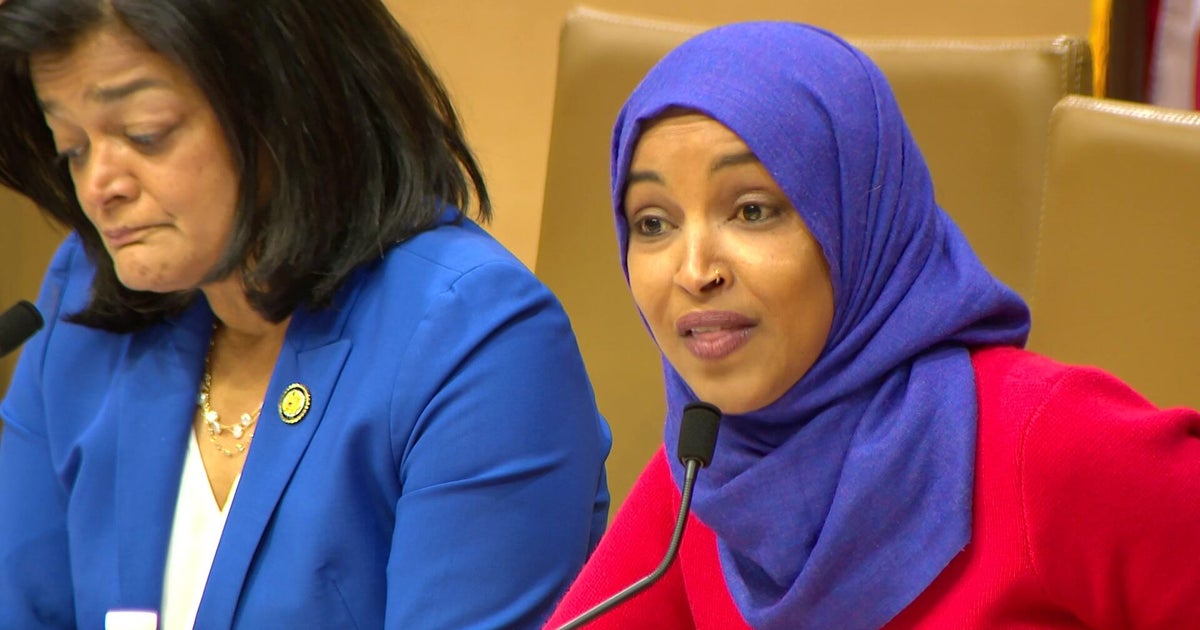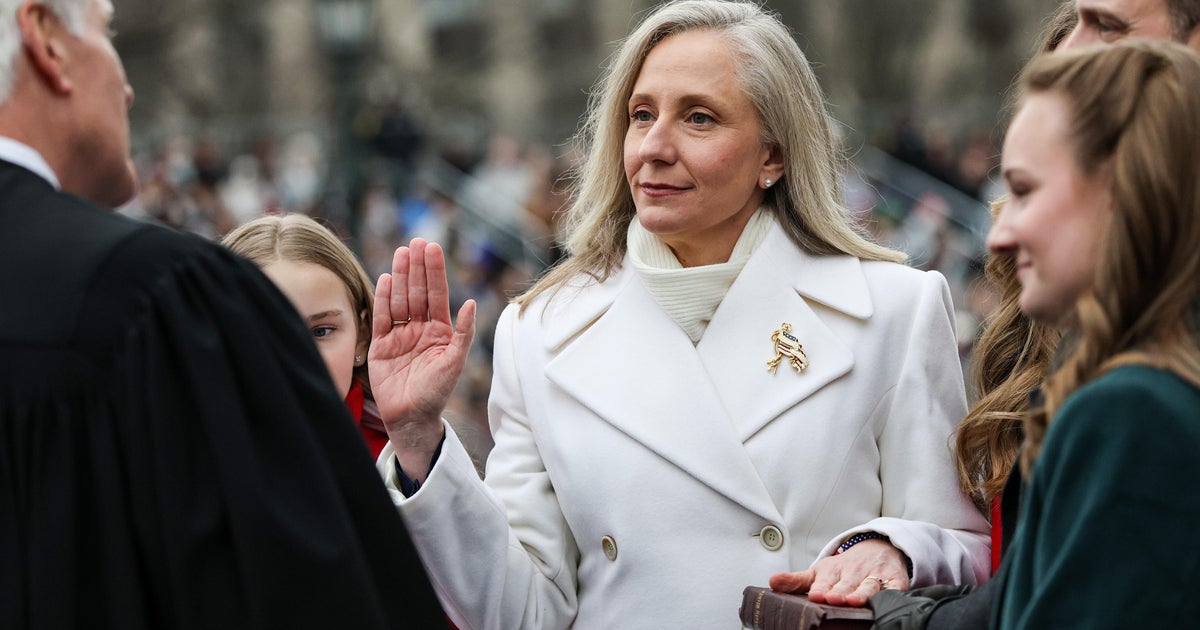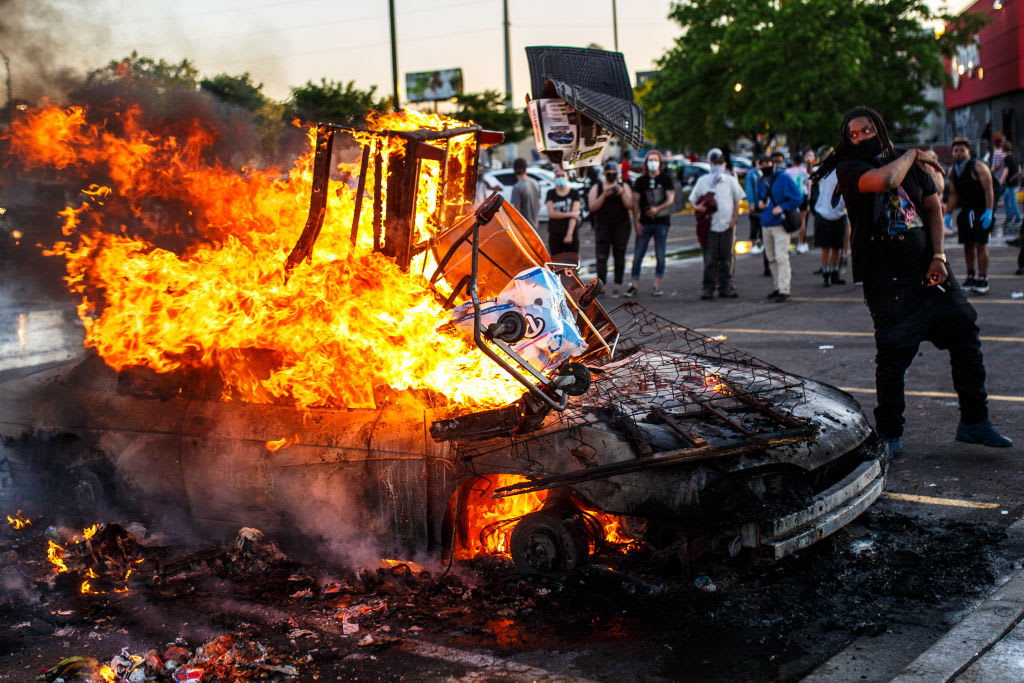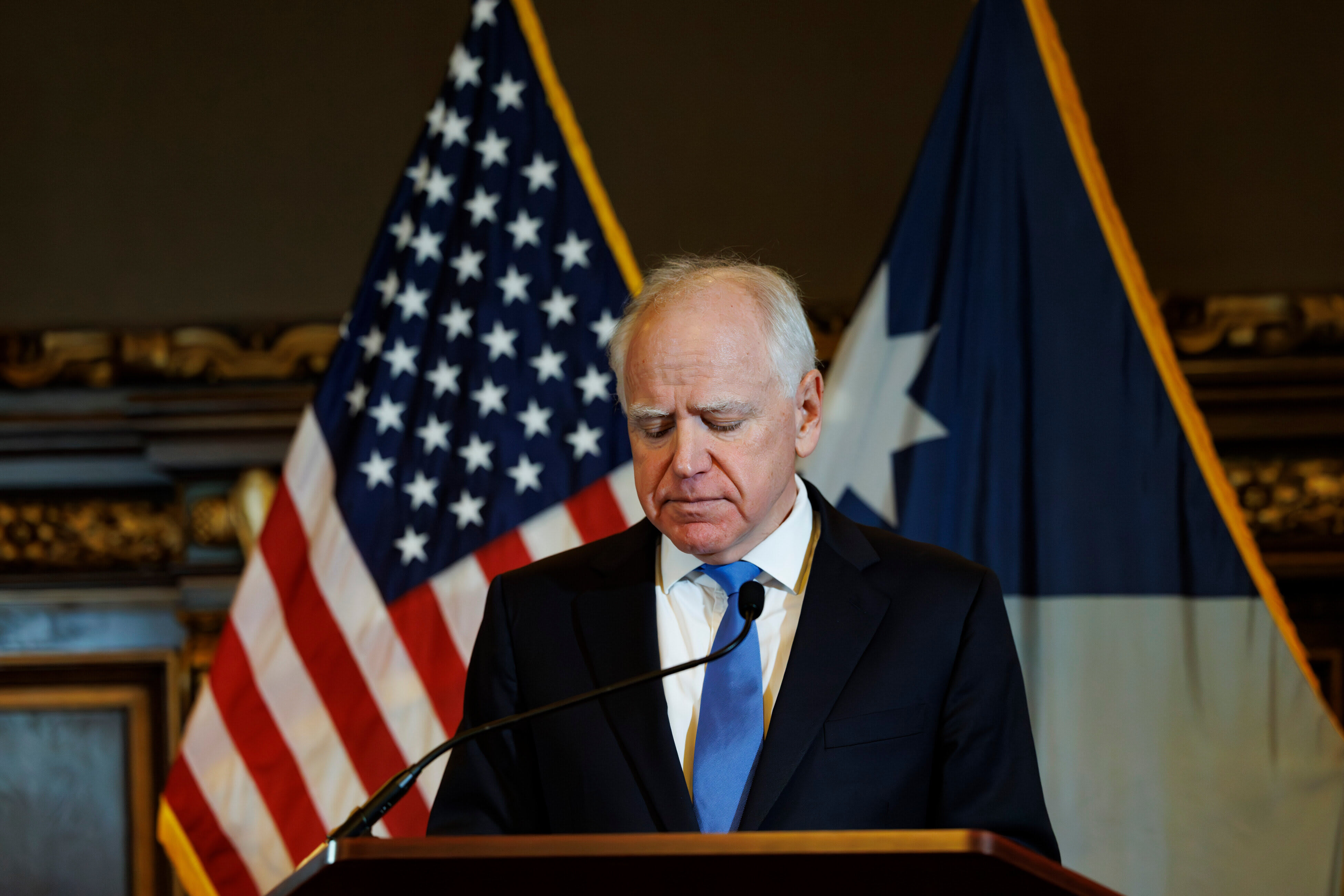Minnesota Governor Tim Waltz signs "long overdue" police accountability bill
Minnesota Governor Tim Walz signed a police accountability bill into law Thursday that includes a ban on neck restraints like the one that was used on George Floyd before his death in Minneapolis, though some activist groups say the legislation falls short. The bill, passed by the Legislature earlier this week, also bans chokeholds and fear-based or "warrior-style" training, which critics say promotes excessive force. It imposes a duty to intercede on officers who see a colleague using excessive force and changes rules on the use of force to stress the sanctity of life.
"This bipartisan piece of legislation moves us toward a critical step towards criminal justice reform," Walz said at a Thursday news conference. "These critical reforms are long overdue — they are meant to strengthen transparency and community oversight."
The measure also creates a new advisory council for the state board that licenses officers, makes changes in arbitration rules affecting police unions and requires more training on dealing with people with mental health issues and autism.
The bill passed after nearly two months of difficult negotiations that followed Floyd's death on May 25 and the ensuing unrest that spread around the world over police brutality and racism. Floyd, who was Black, was killed when a white officer held his knee to Floyd's neck for nearly eight minutes as he was handcuffed and restrained by three other officers holding him down.
Members of the People of Color and Indigenous (POCI) Caucus led the policing reform efforts at the Capitol, speaking with community members and law enforcement before drafting the legislation they introduced last month. POCI Caucus member and House public safety committee chairman Rep. Carlos Mariani said the legislation is the first step in preventing what happened to Floyd and Philando Castile, who was killed by a police officer in a St. Paul suburb four years ago.
"The construction of this law and its passage is a powerful acknowledgment of our collective failure in the past, of our failure to (Floyd and Castile) and countless others who have been wrongfully harmed at the hands of peace officers," Mariani said. "We have to start with that acknowledgment, otherwise we'll continue to do what we've always done."
Discussions on police accountability legislation dominated the June special session a few weeks after Floyd's death, but lawmakers weren't able to reach a deal on which reforms to include in the bill. Going into this month's special session, Democratic House Speaker Melissa Hortman said restoration of felon voting rights and giving the Minnesota Attorney General's office primary jurisdiction over prosecuting police officers were two issues that were taken off the table in negotiations with the GOP-controlled Senate.
Michelle Gross, president of local advocacy group Communities United Against Police Brutality, called the reforms in the bill "low hanging fruit" and said the legislation is not nearly as comprehensive as the group had hoped.
"The autism training we thought was an important thing to have ... and we also like the fact that it bans fear-based training (which) is something we've been working on for quite a long time now," she said. "But so much of what we wanted was not even given a second glance."
Gross' group, along with other local advocacy organizations, introduced eight policing reform bills during the special session — two of which were included in the package passed earlier this week. The legislation includes requiring police carry their own liability insurance, ending the statute of limitations for a wrongful death civil suit and allowing families of those killed by police to see body camera footage 48 hours after their death. POCI Caucus members at the news conference Thursday pointed to the statute of limitations issue as a disappointment when it failed to materialize in the final package.
Walz, a Democrat, is expected to call the Legislature back to the Capitol in August to extend his peacetime emergency powers as the coronavirus pandemic continues indefinitely. Gross said they will be back with more reforms to prevent lawmakers from moving on from police reform — a process that she said is far from over.
"For every special session that they might have, we will be there demanding change," she said. "And once the regular session starts next year, we will be there again, with our bills, demanding change."
